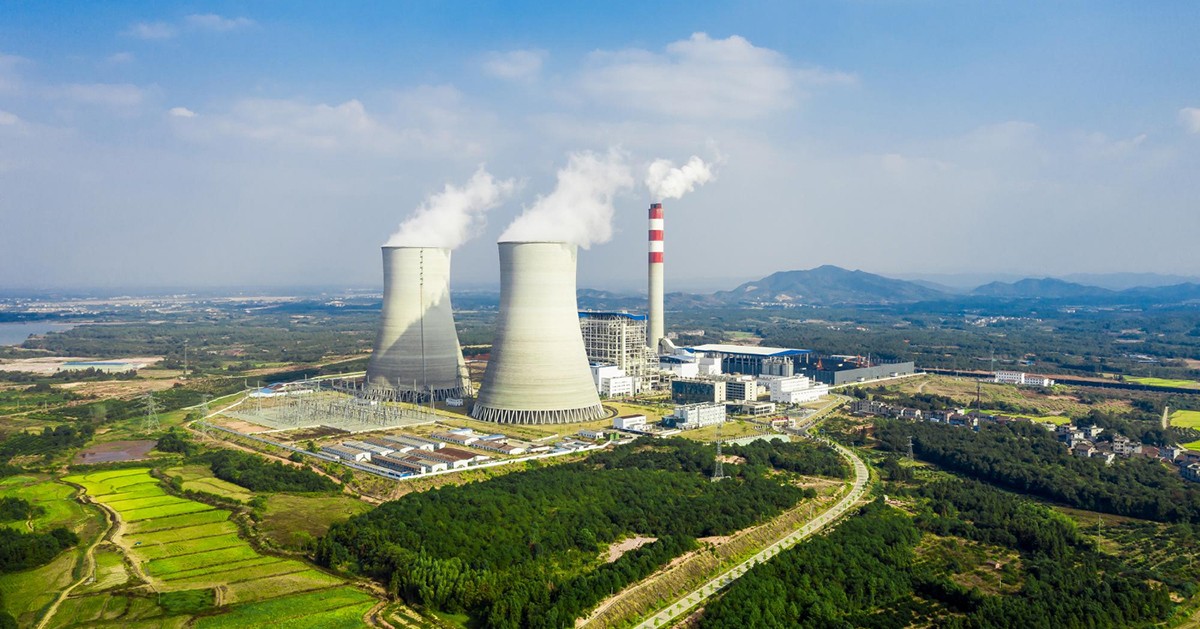Nuclear safety audits are crucial for maintaining security within the nuclear industry. They are generally conducted by government bodies, nuclear regulatory agencies, international organizations (WANO, IAEA) or independent experts to ensure the objectivity and integrity of each audit.
These audits may yield recommendations for improvements, penalties for non-compliance, or certificates of compliance, if the facility is meeting the safety standard. Understandably, these audits play a critical role in the nuclear industry.
Key components
There are five key components of an audit, if it is to be efficient and maintain its integrity. They are:
1. Independence and objectivity. Auditors must not have any conflict of interest with the organization or installation they are inspecting. Their independence will guarantee that the audit will be impartial and reliable.
2. Competence and expertise. The audit teams must be comprised of professionals who are highly experienced in the nuclear industry. They must have a thorough knowledge of regulations, safety standards, and best practices.
3. Access to information. The auditors must have complete and transparent access to all relevant information, including documents, operating data, and site installations. Only then will they be able to accurately evaluate compliance of safety standards.
4. Clear communication. The auditors and the organization staff must be able to have an open dialogue. It is vital for discussing the audit’s findings and be conducive to mutual understanding and problem resolution.
5. Tracking and implementation of recommendations. The audited organization must draft and implement an action plan to solve the problems identified. A follow-up is necessary to ensure that the recommendations have actually been carried out.
These components ensure that the audits are rigorous and help to enhance nuclear safety. They serve to maintain public confidence in the nuclear industry by ensuring that high standards of safety are being followed at all times.
Role of interpreting services
Often, the auditors and the organization staff do not speak the same language as they may hail from different countries. They can choose to speak in a common language, which is usually English. However, if both parties do not have enough fluency in the common language, the next option is to call in professional interpreters. Here’s how interpreters can assure the success of a nuclear industry audit:
Ensure clear understanding. Interpreters can help the auditors and the staff understand each other by relaying the communication from the other person in their own language. This brings about correct understanding and results in an accurate and transparent audit, without any misunderstanding.
Interpretation in real time. The interpreters can interpret simultaneously to keep the conversation going smoothly and save time. Simultaneous interpretation is when an interpreter translates the message from the source language to the target language in real-time.
Preliminary meetings. Before the start of the audit, preliminary meetings can be arranged to discuss objectives, expectations, and procedures. A major market operator in the French nuclear industry regularly arranges such meetings. Interpreting services are used at such meetings, too, to ensure that everyone is on the same page.
Independent and objective. For successful interpreting, it is critical to hire professional interpreters and not assign a bilingual person from either side. Professional interpreters can be trusted to be independent and interpret accurately and objectively, unlike someone who may be part of the auditing team or belong to the organization. The interpreters have an in-depth knowledge of the subject matter and perfect understanding of both languages and are able to deliver error-free interpretations.
By using professional interpretation services, you will be assured of clear and effective communication during international audits that involve people speaking different languages. This, in turn, will contribute to a successful audit, leading to improved safety in the nuclear industry.
Vijayalaxmi Hegde








